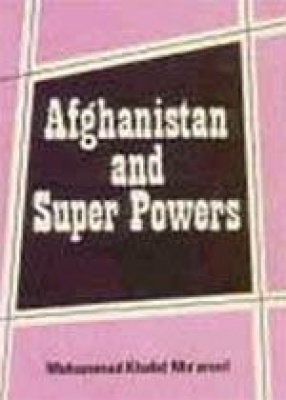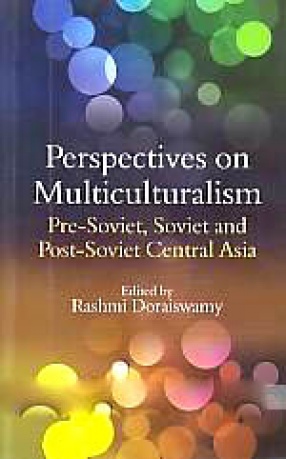The present book sets out to explode the myth of super power dominance. This case is well illustrated when Soviet Union after having invaded Afghanistan in December 1979 and after occupying it for a decade was forced to withdraw its troops from Afghan soil by 15 February 1989 under the pretext of Geneva accords. Having been the witness as well as the victom of Anglo-Russian rivalry in the past and US-Soviet rivalry in the post-war period, Afghanistan survived these odds by pursuing a policy of positive neutrality and genuine non-alignment. How a small geographically landlocked and nonaligned country like Afghanistan can survive the manoeuvres of its immediate neighbour Soviet Union, a super power is analytically appraised in this book. The author meticulously examines the developments preceding and succeeding the Soviet invasion of Afghanistan. The qualitative approach adopted by the author presents an indepth assessment of the response Soviet invasion of Afghanistan by the United States, United Nation, NAM, EEC, organization of Islamic countries, etc. The book presents a detailed analysis of U.S. failure to under estimate the potential of Soviet manoeuvres in Afghanistan. The hallmark of this book is that it presents an Afghan perspective on one of the most crucial phases of 1980s in the annals of Afghan history in particular and in the history of contemporary international relations in general. The author has suggested a constructive framework with in which a permanent and lasting solution to extangle the Afghan Knot.
United Nation and Afghanistan Crisis
$11.40
$12.00




There are no reviews yet.